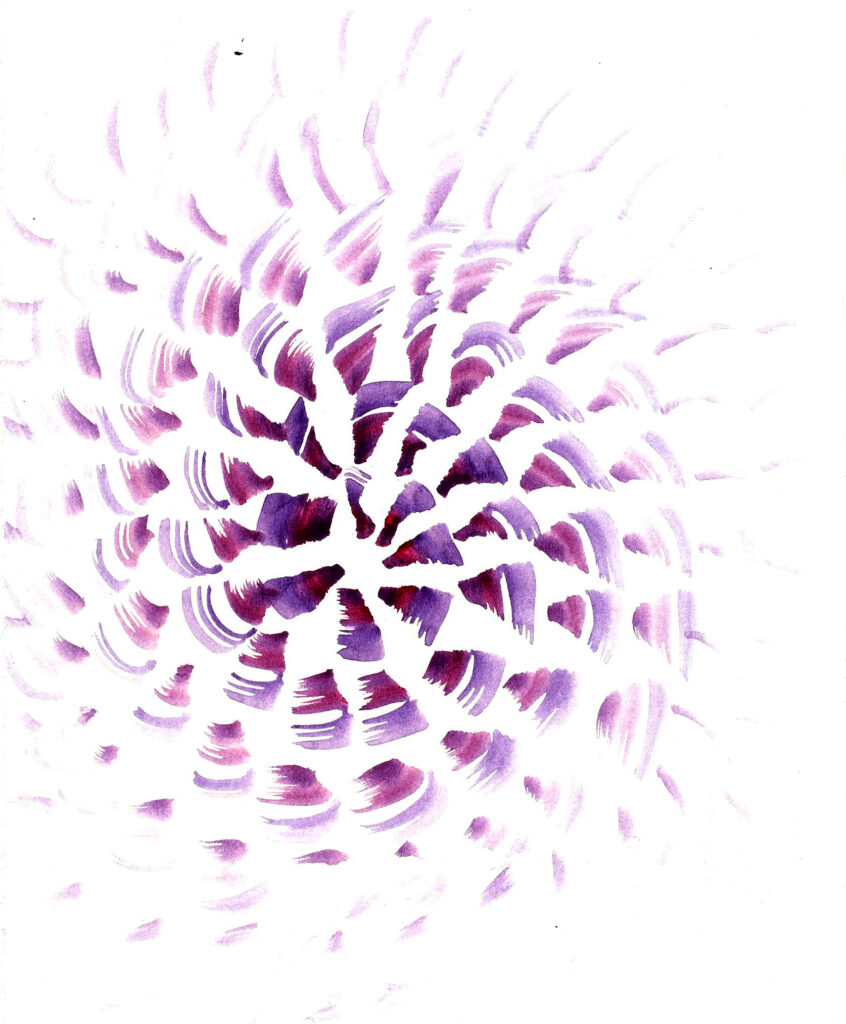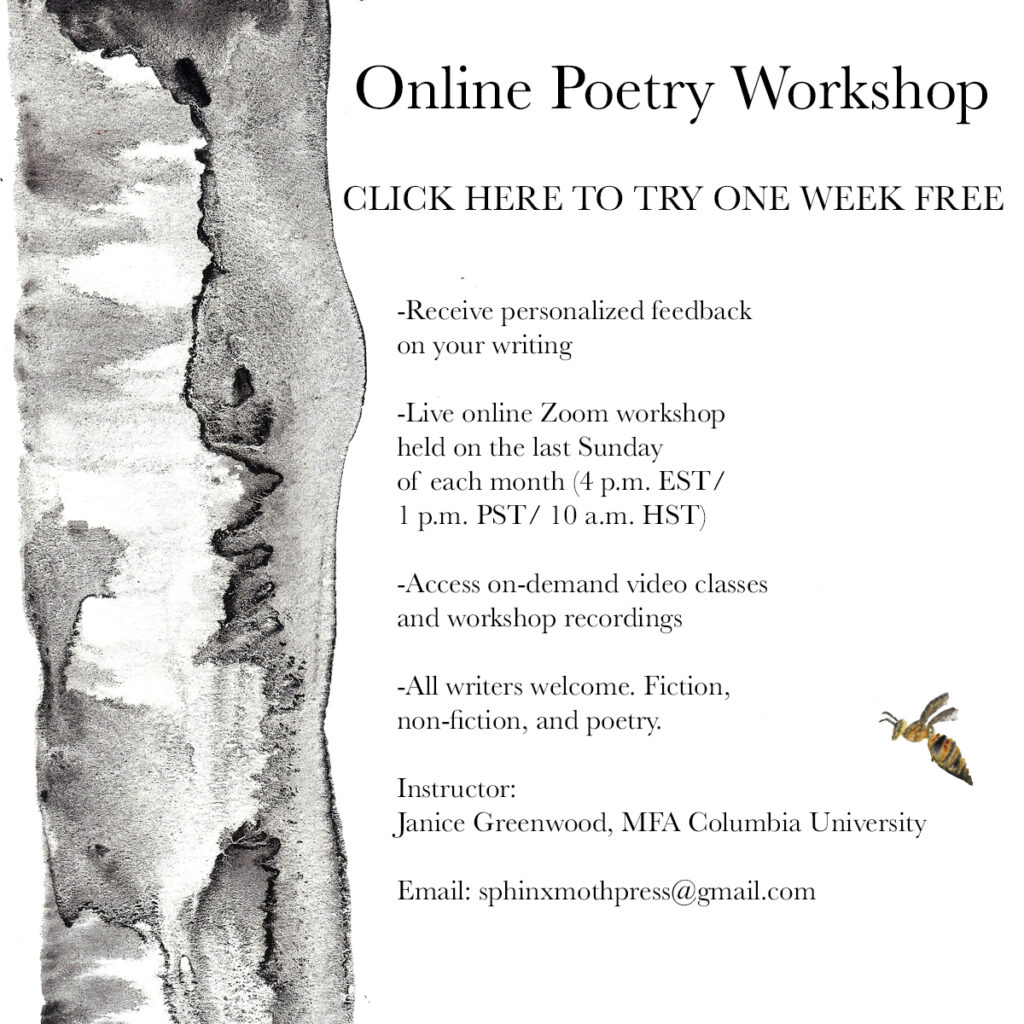I was introduced to Elizabeth Bishop’s poetry at a formative time in my poetic development. I’ve been spending a great deal of time thinking about my poetic development; in a month, my first book of poetry will be released out into the world. I’ve never been more terrified, and relieved. The words are no longer inside me. They are out there. All of this has gotten me thinking about Elizabeth Bishop again, particularly her ability to pressure the ordinary into transcendence and to transform the mundane into art. The act of writing a poem is an act of elevating the language (an ordinary thing) into something extraordinary. A poem itself can do the same thing. Poetry is the act of elevating the mundane into transcendence. The art form takes its origins in song and liturgy; it is, at its finest, a form of prayer. We see this quite notably in Elizabeth Bishop’s poem, “The Fish.”
I was introduced to Bishop’s work as an undergraduate at the University of Florida. Bishop is an easy study. Her Complete Poems fill a single 276-page volume. Where most poets’ complete works span many volumes, Bishop’s modest collection of collected poems are a precious commodity. Reading the poems can feel like finding a jewel excavated from the rough of living. Each poem bears the pressure of what can be poetically said (because in Bishop’s world, so much depends on her reticence), and therefore a single poem can often encompass multiple poetic themes. Where other poets reserve thousands of pages to cover the themes of life and death, Bishop reserved for herself a mere 276. Each poem more fully bears the weight of its theme.
Reading Bishop, one always gets the feeling that you’re getting the cream skimmed off the top. Given that I spent over a decade working on my first book of poetry, Bishop helps me get comfortable with the idea that restraint can have value. She has helped me understand that a single poem can indeed speak volumes.
One of my favorite poems in Bishop’s Complete Poems, “The Fish” is an exercise in compassion, mortality, and ultimately, transcendence. The poem begins as an almost overly baroque description of a fish that Bishop once caught. We are invited to luxuriate in her victory. If Hemingway’s old man from the sea were here, I imagine he’d approve. The fish’s “brown skin hung in strips/ like ancient wallpaper.” We are invited to meditate upon “course white flesh / packed in like feathers.” The first glimpse of the fish is almost an object of disgust. The fish is “infested / with tiny white sea lice.” Its “frightening gills were breathing in / the terrible oxygen.” The fish is other. It is other in the way it fails to breathe human air. It is other in the way that its eyes are far larger than the eyes of the speaker, “but shallower.” The fish’s “tinfoil” eyes give the speaker the impression of the fish as an “object” tipped toward the light.
And yet, amid this grotesquerie, the speaker finds communion with the fish when she sees that the fish’s lower lip is scarred by old pieces of fish line. This old ugly fish has survived being caught so many times that the fish line scars are “like medals with their ribbons / frayed and wavering.”
Mortality is a lesson in vulnerability and fragility. The fish is dying as the speaker observes it. We are invited to observe its death, in both disgust and awe. And yet, this observation is interrupted. The speaker notices that gasoline has spread an oil rainbow on the hull of the rented boat, and the speaker, turning away from the fish, sees only “rainbow, rainbow, rainbow” before she lets the fish go.

There’s a mysteriousness to the poem, but the mystery was present from the beginning. The air of the transcendent was always there, on the body of the fish. In the battered old wallpaper of the fish’s skin, the speaker sees roses, invoking an almost Dantean transcendence. Was it not Dante who traveled to the celestial spheres, and in encountering God, encountered not a spirit with a beard, but a celestial rose?
And the flesh is not just a bloody mass, but something “packed like feathers” which invokes the almost angelic even as it references the corporeal. By the time the speaker sees the “rainbow, rainbow, rainbow” the reader is primed, almost prepared unconsciously for the marvel. This is a not a fish that can be caught. This is not a fish that should be caught. This is a fish that can only be released back into the transcendence of the deep.

About the Writer
Janice Greenwood is a writer, surfer, and poet. She holds an M.F.A. in poetry and creative writing from Columbia University.
